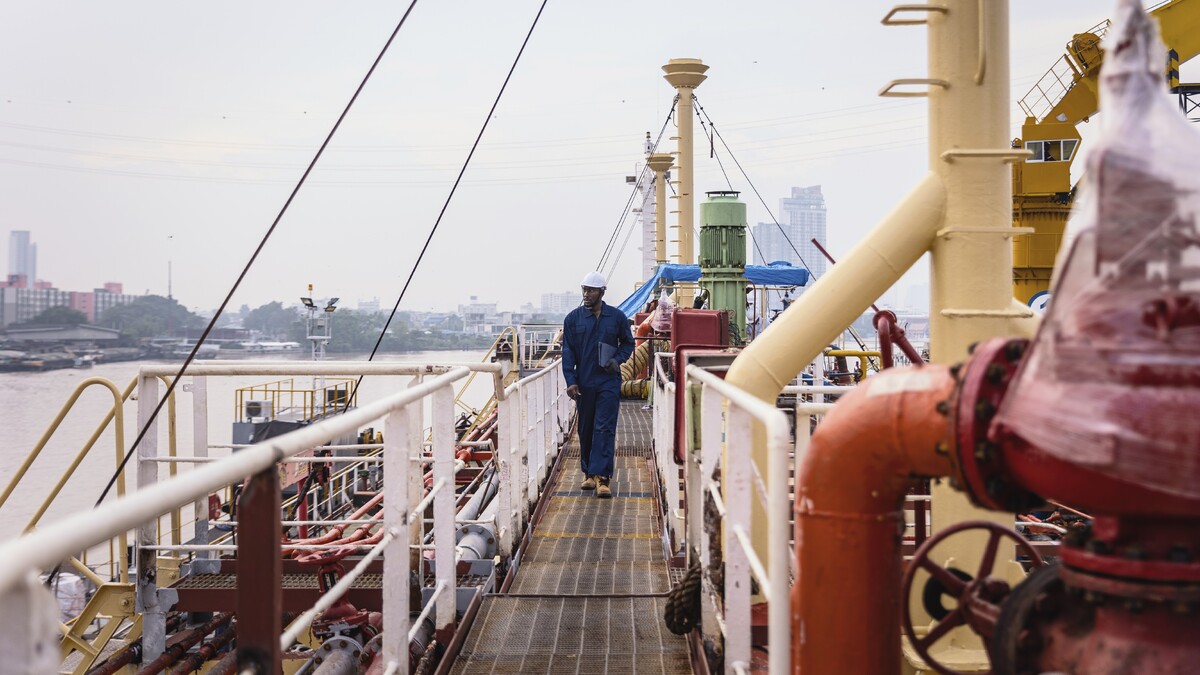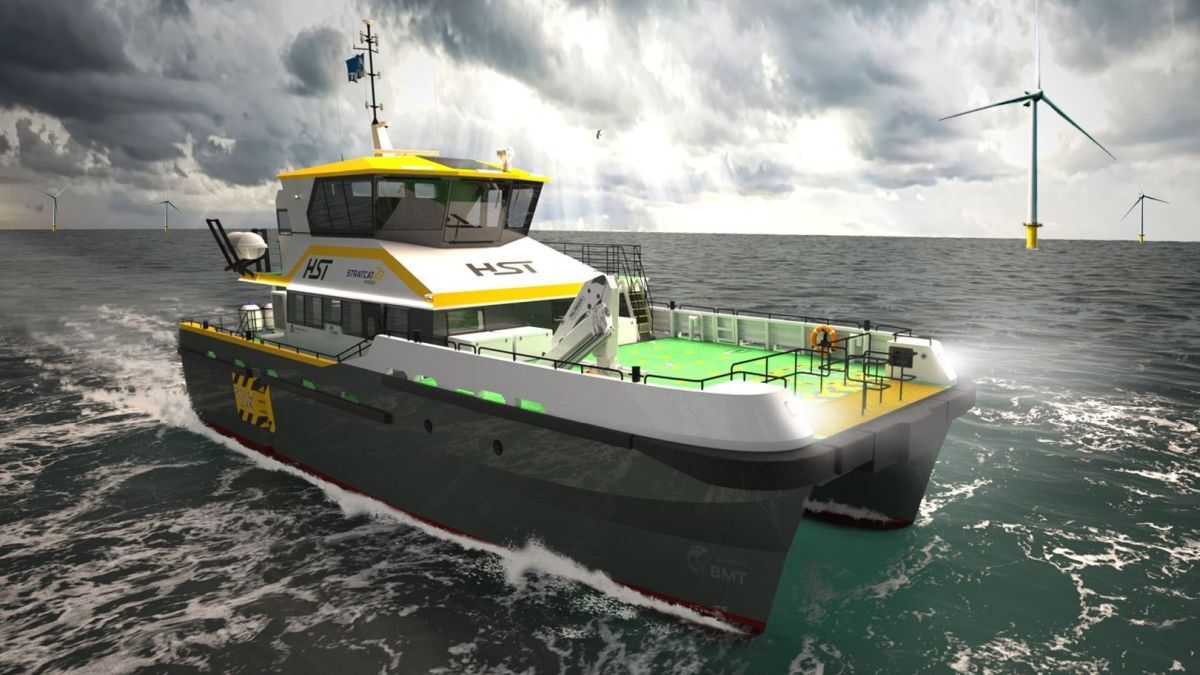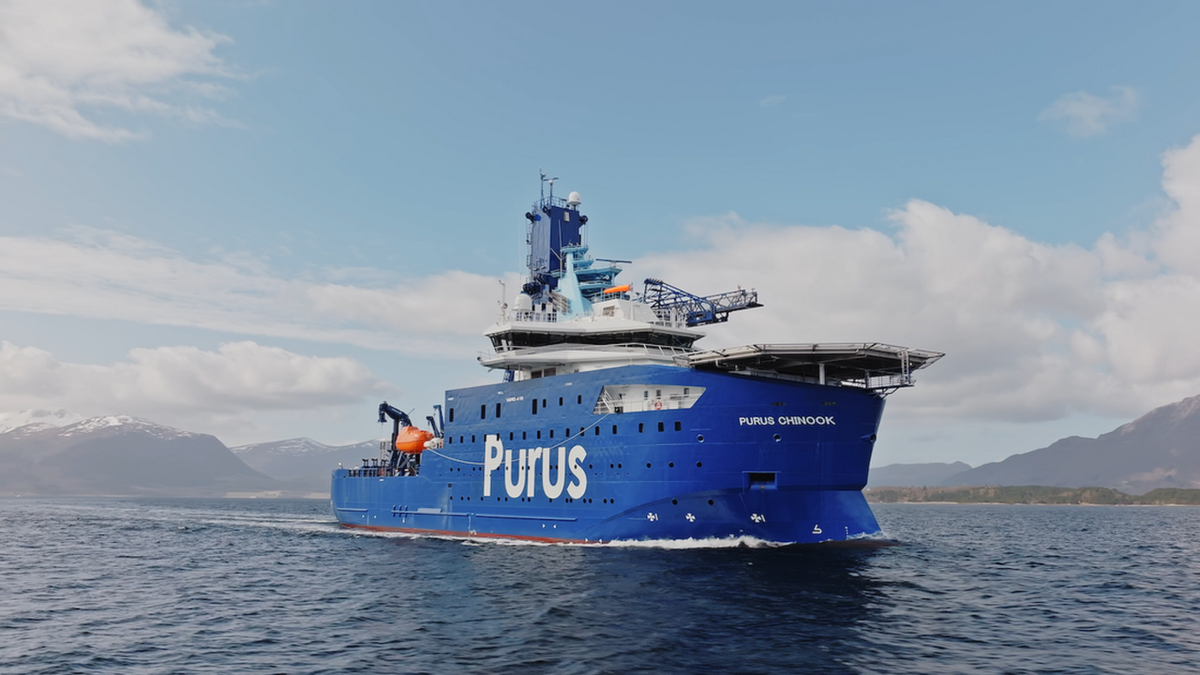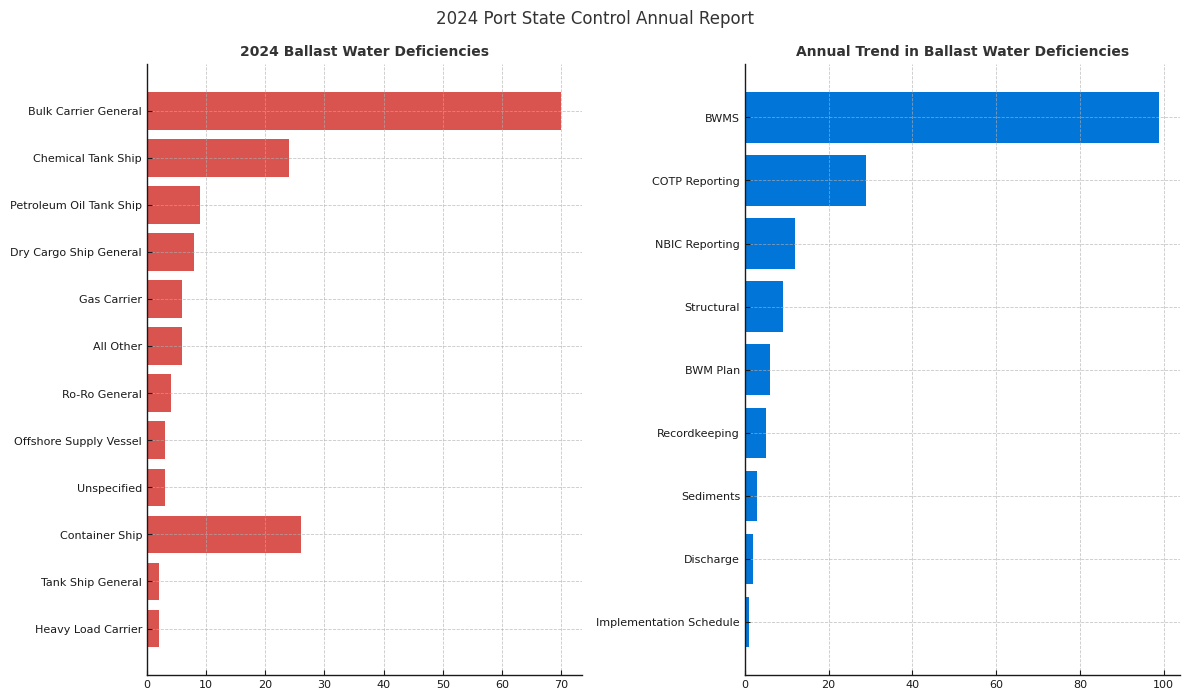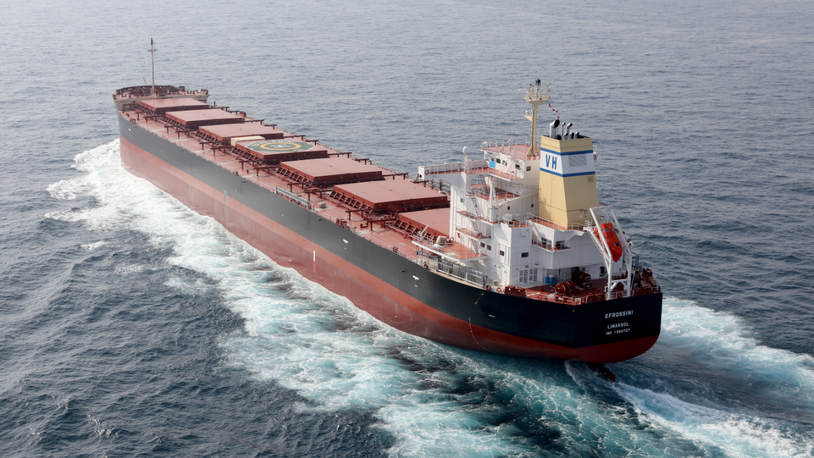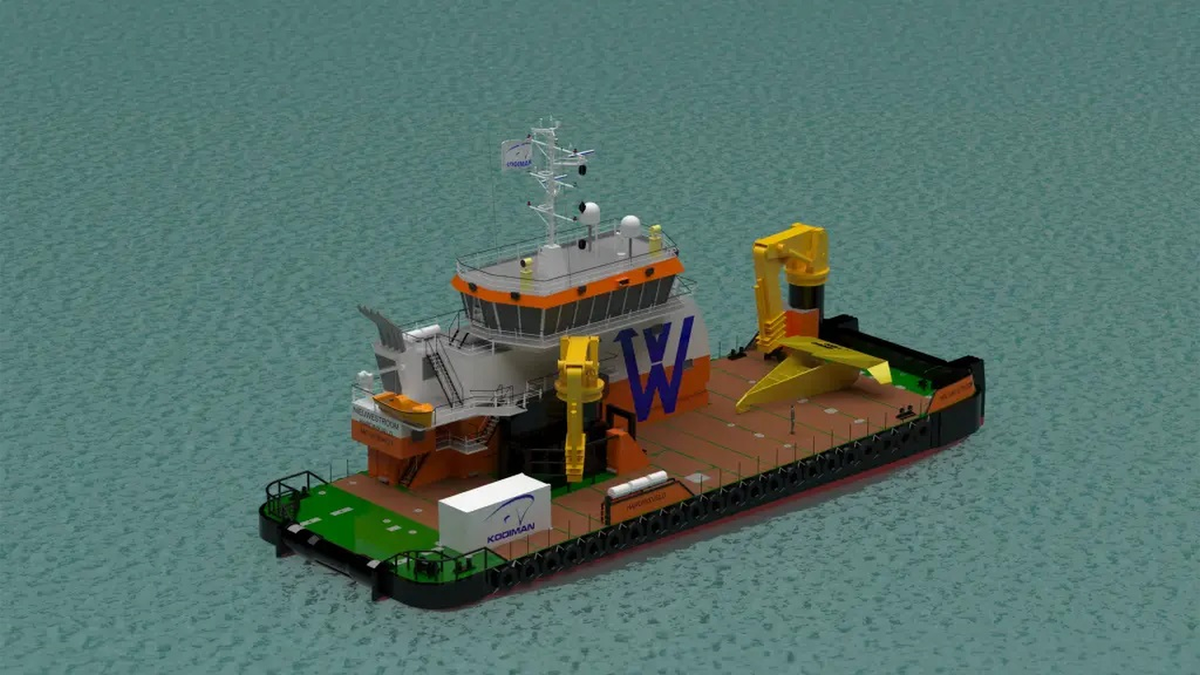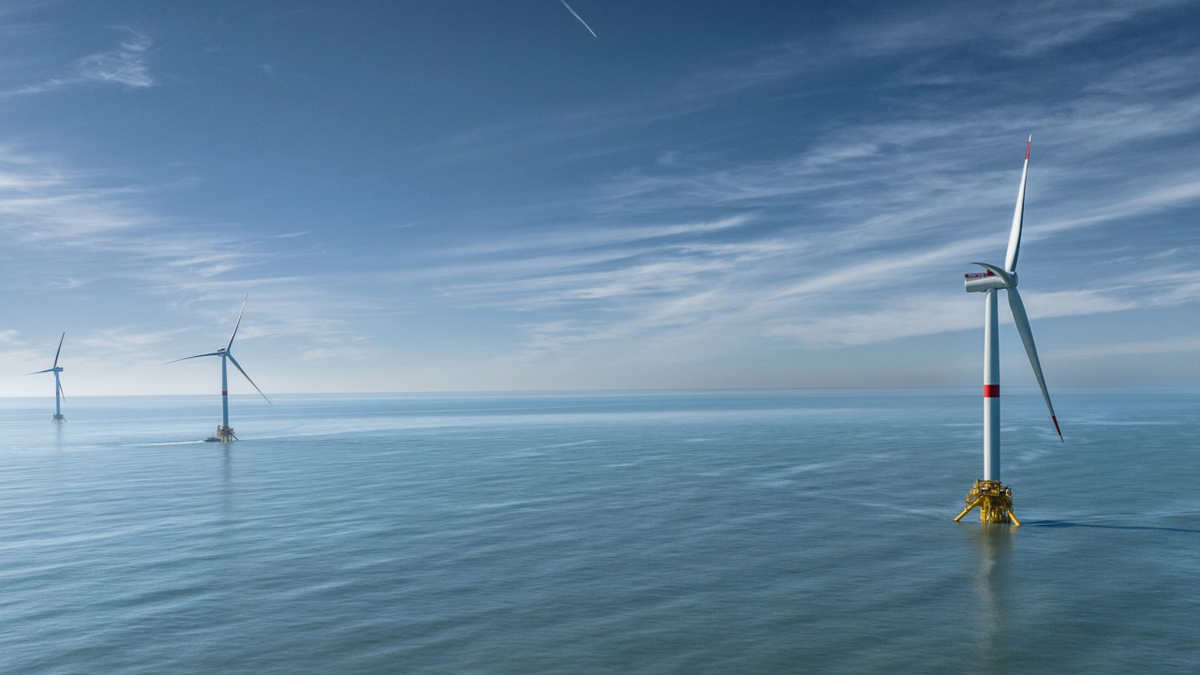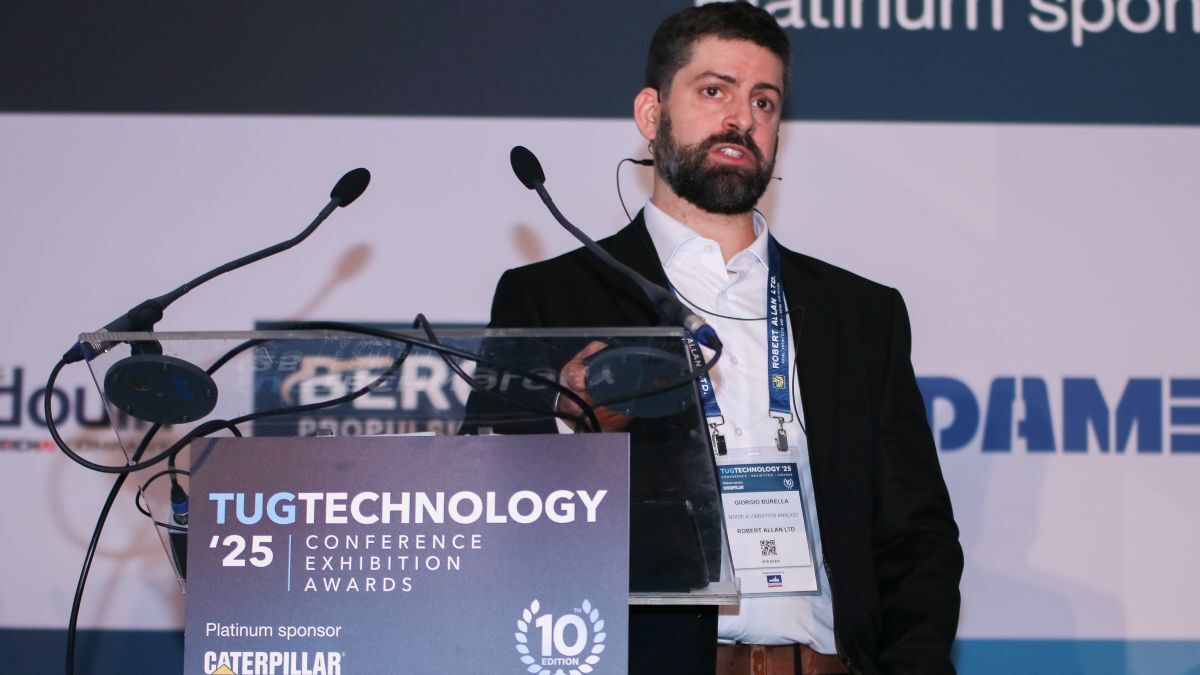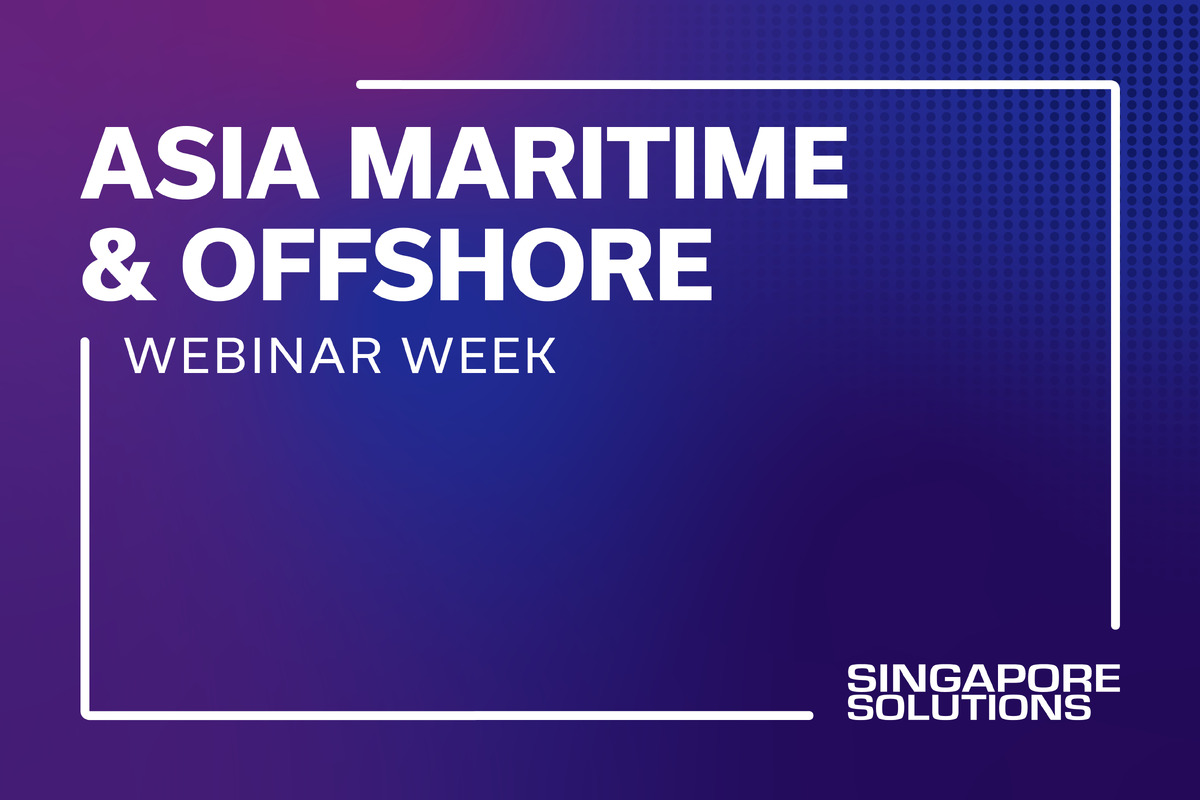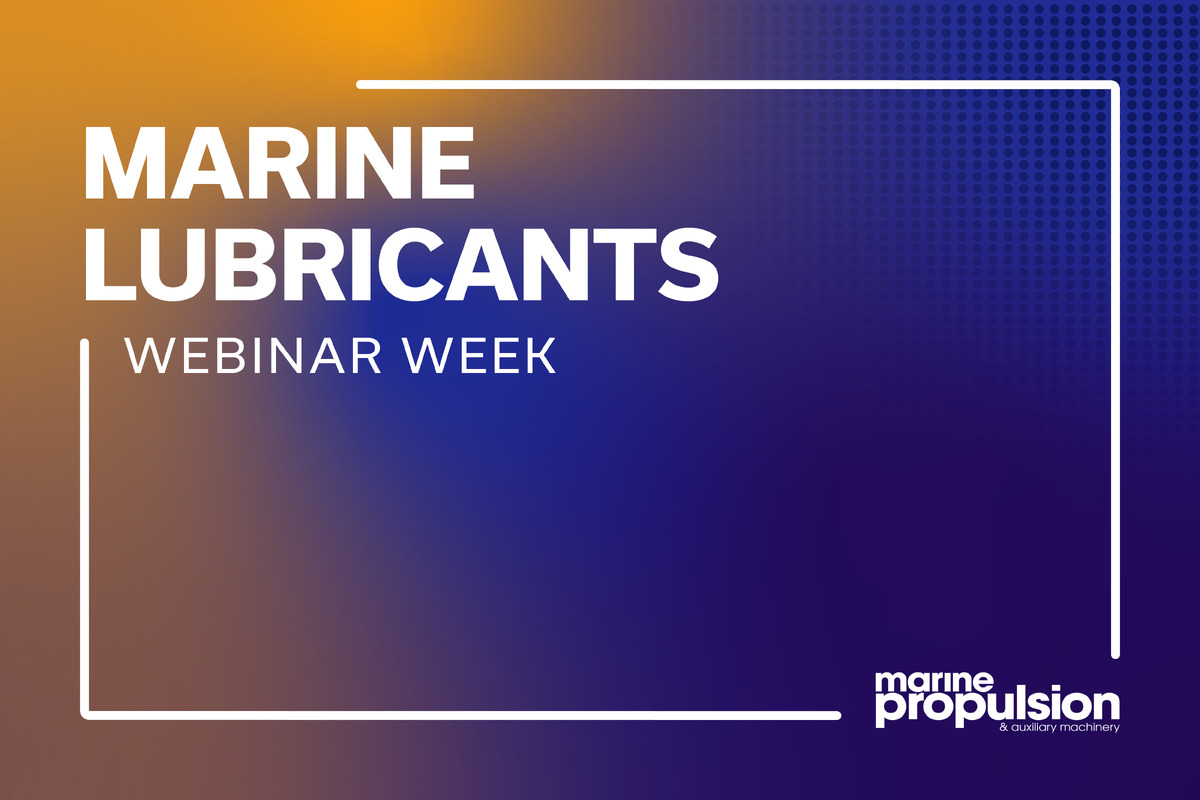Business Sectors
Contents
Register to read more articles.
Asian builder doubles-down on decarbonisation effort
Strategic Marine commissions study to validate emissions reduction from Sea Forrest energy-saving system
Strategic Marine has unveiled the latest in a raft of initiatives it is undertaking to make its vessels more fuel efficient and to further reduce emissions.
In April 2023, the Singapore-based boatbuilder commissioned a study to compare the efficiency of conventional diesel-powered and hybrid-powered crew transfer vessels (CTVs). The study, conducted by the Maritime Energy and Sustainable Development Centre of Excellence (MESD CoE) at Nanyang Technological University, aims to help the company expand its knowledge and expertise of sustainable solutions for the sector.
More recently, it has also commissioned a study to validate the greenhouse gas emissions reduction potential of the ‘Sea Forrest Green Cabin Energy Saving System,’ the latest of several systems developed by Sea Forrest, a company that focuses on sustainable and decarbonisation solutions, including marine electric and hybrid propulsion, marine charging, and marine energy storage systems.
In the latest study, the companies are using Strategic Marine’s range of fast crewboats to examine the potential of the Green Cabin Energy Saving System, a hybrid solution in which an energy storage system captures and harnesses energy generated by a vessel’s main engines to utilise it for applications such as hotel load. The study, also conducted by the MESD CoE, will assess the system’s carbon mitigation potential based on different scenarios and provide recommendations to improve its effectiveness.
Strategic Marine says it continues plans to push ahead with green solutions to meet clients’ needs, noting the incorporation of emissions reduction systems into its products will boost competitiveness in markets where green requirements are increasingly stringent, such as the offshore wind sector.
As highlighted above, the earlier study compared the efficiency of diesel-powered and hybrid-powered crew transfer vessels (CTVs) for the offshore wind market. By optimising engines’ operating parameters, such as load and speed, it is possible to reduce fuel consumption and emissions, contributing to more sustainable and environmentally friendly operation. This is done by aligning these parameters with the vessel’s optimal efficiency range, maximising fuel use and minimising energy waste.
The newly commissioned study will include data collected from sea trials that were due to be carried out in Q3 2023. Strategic Marine says the Green Cabin system has the advantage of reducing the number of dedicated diesel generators required and reducing overall fuel consumption.
Strategic Marine chief executive Chan Eng Yew says, “Our hybrid vessels are gaining in popularity as the drive to reduce greenhouse gas emissions gains momentum.” In September 2023, the company also announced it had entered into a memorandum of understanding with Caterpillar Marine to help foster the industry’s goal of reaching lower-carbon operations. “Providing ships that help our customers reduce emissions is paramount to us,” says Mr Chan.
Make your plans now to attend Offshore Wind Journal Conference 2024 in London 6 February 2024
Related to this Story
Safe Bulkers reports improved carbon intensity and eyes 'green' technologies
Events
Reefer container market outlook: Trade disruption, demand shifts & the role of technology
Asia Maritime & Offshore Webinar Week 2025
Marine Lubricants Webinar Week 2025
CO2 Shipping & Terminals Conference 2025
© 2024 Riviera Maritime Media Ltd.

